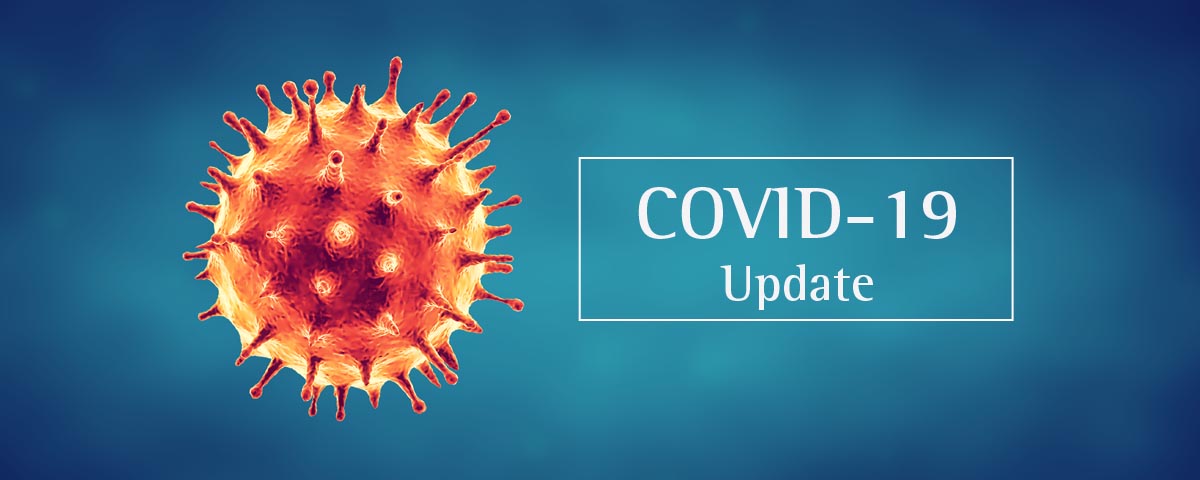An Aversion, Which Boarders on a Hatred of Certain Sounds
(Information from Medical Hypothesis on sciencedirect.com)
Misophonia, known as a strong aversion to certain sounds, or the selective sound sensitivity syndrome, is a reality where individuals are triggered by soft sounds typically produced by other people. The triggers are typically chewing, slurping, swallowing, heavy breathing, sniffing, throat clearing and lip smacking. Other commons triggers are pen clicking, finger tapping and cutlery clinking. For individuals affected by misophonia, the reaction is usually a range of emotions from anger, rage, disgust and anxiety.
Misophonia is currently not recognized as a medical or psychological condition. At the moment, many researchers debate whether it should be considered an audiological condition or a psychological one.
The Psychological Component of Misophonia
Misophonia could be considered a psychological condition due to its similarity to Obsessive Compulsive Disorders (OCD). Studies have noticed that people with misophonia also tend to have anxiety or mood disorder as well as ADHD. The severe reaction to sounds, such as negative emotion, isolation and violent behavior suggest that the condition might be psychological.
The Audiological Component of Misophonia
Misophonia is linked to audiology because of the high level of activation of the nerves between the auditory system and the brain. It is often prevalent in people who already suffer from tinnitus and hyperacusis, two audiological conditions related to sound. Current research suggests that misophonia can be categorized more as a psychological condition and that the rate of occurrence is the same between normal hearing and hearing impaired individuals.
If misophonia becomes recognized as a psychological condition, what will happen?
Researchers debate whether recognizing misophonia as a condition will create positive or negative impacts. The positive impact will be to increase awareness and validation on the phenomenon that may lead to new treatment methods. The only current treatment method is counselling and teaching on the nature of misophonia and systematic exposure (desensitization therapy). The negative impact, is that recognizing what could be an overreaction to generally annoying sounds and quirks could over-pathologize common problems of living. As the list of mental disorder grows every year, some researchers fear that common quirks are being recognized as mental disorders, leading to an over medication of our population.
More research is needed to properly define misophonia, its prevalence and treatment method. Once diagnostic thresholds and treatment solutions are validated, misophonia may be considered as a psychological disorder.






